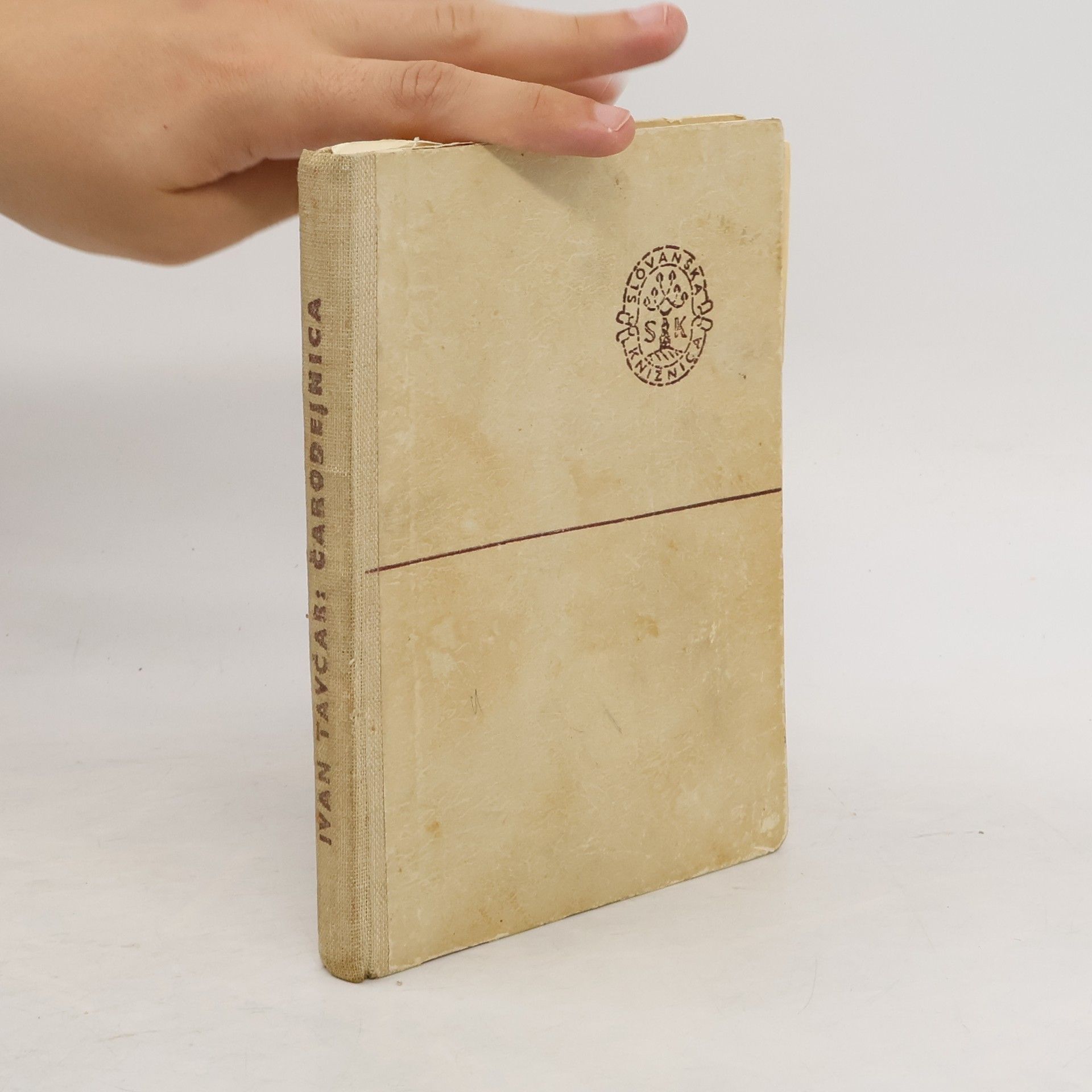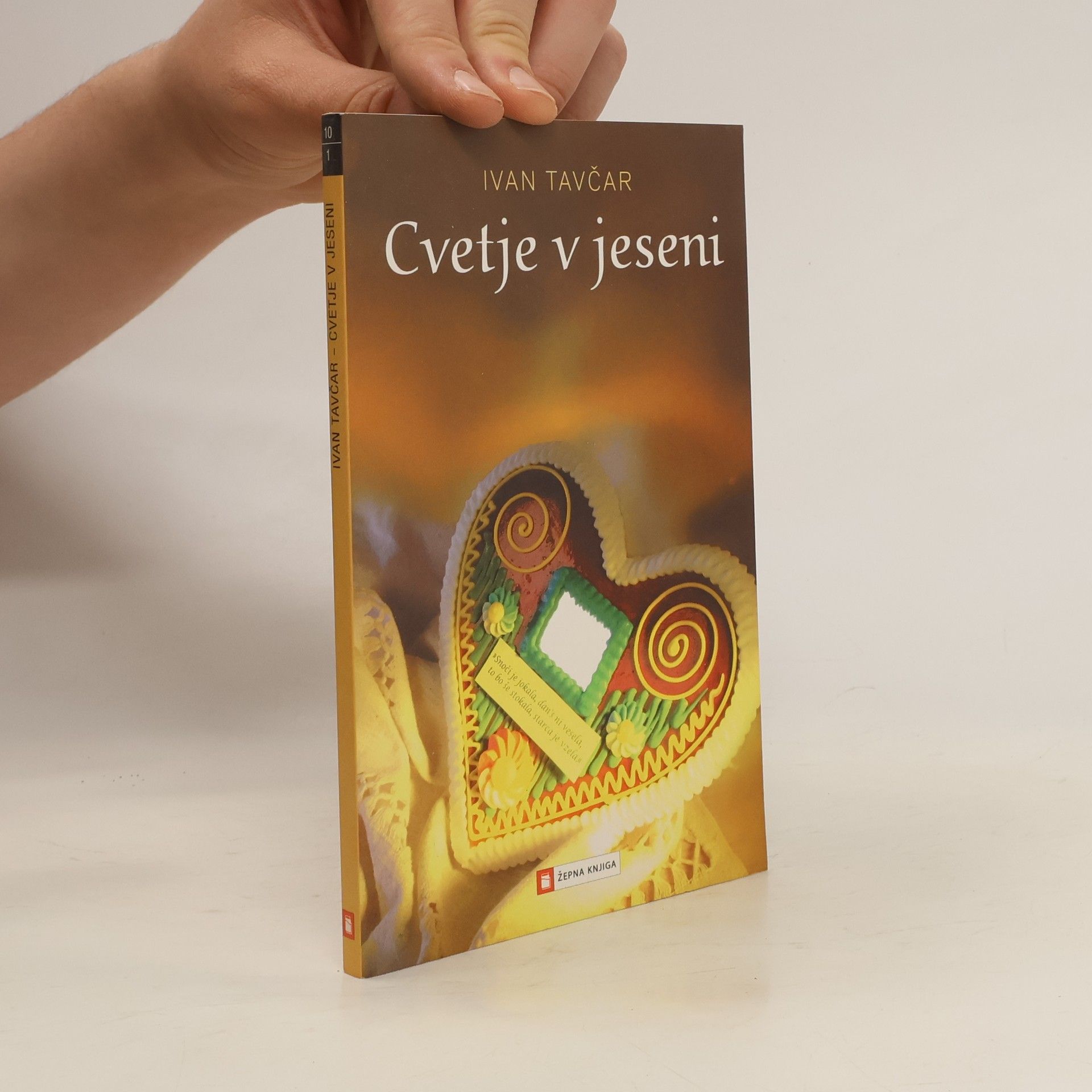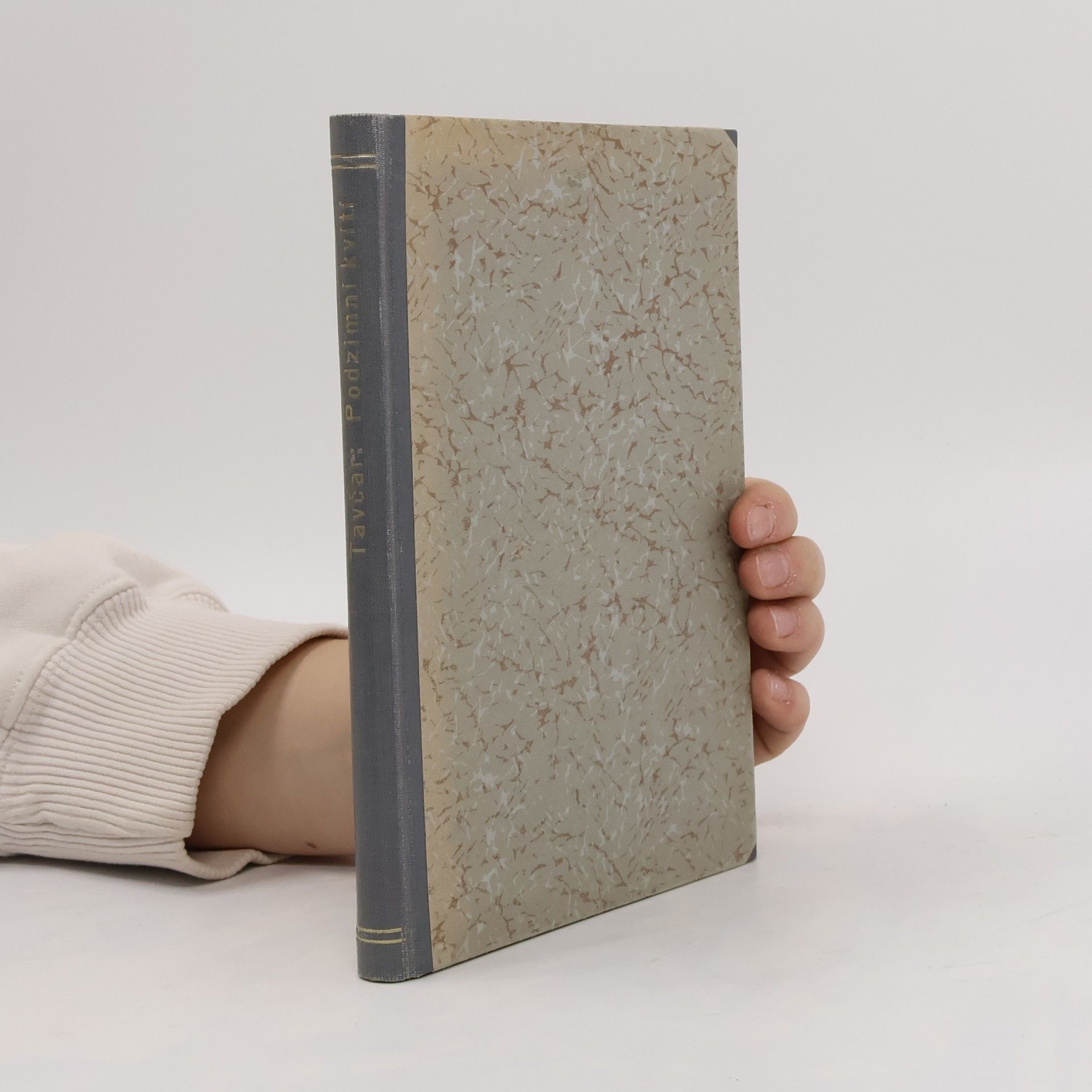Ivan Tavčar Knihy
Tavčar se narodil do chudé rolnické rodiny, ale jeho literární dílo často proniká do hlubin lidské psychiky a společenských nešvarů. Ve své tvorbě mistrně zachycuje napětí mezi tradicí a modernitou, často s důrazem na venkovský život a jeho proměny. Jeho styl je charakteristický svou realističností a pronikavým pozorováním lidského jednání. Prostřednictvím svých textů zkoumá složité vztahy mezi jednotlivci a společností, a to vše s hlubokým porozuměním pro lidské motivace.





The Visoko Chronicle
- 260 stránek
- 10 hodin čtení
This historical novel—Visoška kronika in the Slovene original—is about two generations of the owners of the Visoko estate in the Duchy of Carniola, a predominantly Slovene province of the Habsburg Empire, in the seventeenth century. The events of the estate and the fate of its owners are affected by witchcraft persecutions, the mistreatment of Protestants, and the Thirty Years' War. These themes are key to the construction of a Slovene national identity, which was going through a decisive phase as Tavčar was writing. By the time the novel was released in 1919, his nation had left the Habsburg Crown for the new Kingdom of Serbs, Croats, and Slovenes. The work is both romantic and realistic. The deeply romantic motive of crime, repentance, and punishment intertwines the lives of father and son. The very acquisition of the estate is connected to a murder, which casts a long shadow over the next generation. Tavčar insists on the principle of man's full responsibility for his acts, which can be repaired with action and determination. The author's bleak realistic description of the farm life at Visoko reflects his polemical view of the Slovene farmer of his time.
V uvodnem delu pisatelj razvija misel, da le z naravo povezan kmečki človek še živi naravno, globoko in čustveno. Cvetje v jeseni je prispodoba za ljubezen med meščanskim Janezom in kmečkim dekletom Meto. Povest ima naslov Cvetje v jeseni, ker Janezova pozna, a nežna in iskrena ljubezen do Mete zaradi njene nenadne smrti, tako kot cvetje v jeseni, ne obrodi sadov. Vodilna tema je nasprotje med meščanskim in kmečkim načinom življenja. Z osebno izkušnjo to nasprotje pokaže Janez, ki zgodbo pripoveduje.